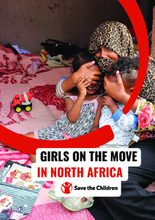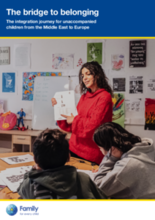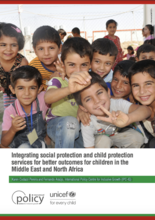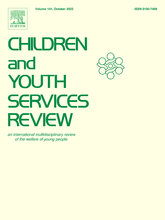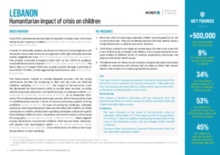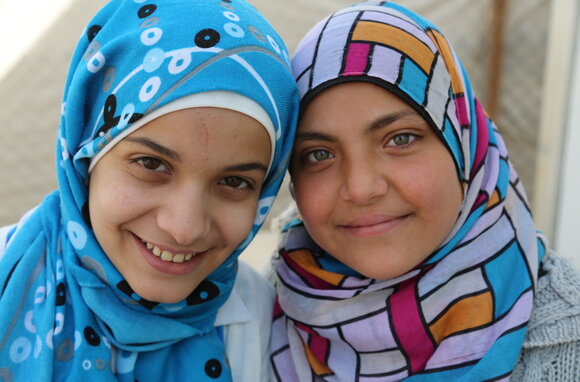

Displaying 61 - 70 of 325
This study aims to address a gap in migration research, by developing a holistic and gender-specific understanding of the migratory patterns and experiences of girls in, through, and to North Africa. To do so, the research team employed a qualitative research approach, informed by child- and gender-sensitive practices, to collect data from girls and boys in Italy, Spain, Morocco, and Tunisia.
A baby began her life surrounded by chaos and devastation this week. Reportedly named Aya – meaning ‘miracle’ in Arabic – she was born under the rubble of Monday’s deadly earthquake, still attached to her mother’s lifeless body by the umbilical cord when rescue workers found her.
Thousands of children and families are at risk after two devastating earthquakes and dozens of aftershocks hit south-east Türkiye and Syria today.
This report examines what happens after unaccompanied children have arrived at their European destinations and is based on interviews with key informants, a literature review, and research in three sites (Lebanon, Greece and Germany). What does it mean to integrate into a new society when you are a child on your own? How do they face the challenges of building an identity without their families, process the violence and dangers of their journeys, and face a new situation that may not be as welcoming or straightforward as they had expected?
This research report, developed by the IPC-IG and the UNICEF MENA Regional Office for Middle East and North Africa, presents five case studies that demonstrate how integrated social protection and child protection systems enhance efficiency, especially of the social service workforce, and improve socio-economic and child outcomes: Tunisia, Morocco, Iraq, Egypt, and Brazil.
In Tunisia, the employment of minors is flourishing at a pace that is causing great concern and apprehension among the authorities, who seem unable to curb this phenomenon, despite the laws they ratified in the years following the revolution to put an end to it.
The UN Child Rights Committee (CRC) today issued its findings on Germany, Kuwait, North Macedonia, the Philippines, South Sudan, Ukraine, Uzbekistan and Viet Nam after reviewing the eight States parties during its latest session.
The purpose of this qualitative study is to explore the experience of birth children of foster parents. The study examines the retrospective narratives of 14 Israeli adults, ages 18–38, whose families fostered a child for at least one year in the context of the Israeli foster care system.
This report aims to increase awareness of the scale and severity of the economic crisis in Lebanon over the past three years. It describes how the crisis disproportionately affects children and is likely to have short-and long-term consequences on their future.


